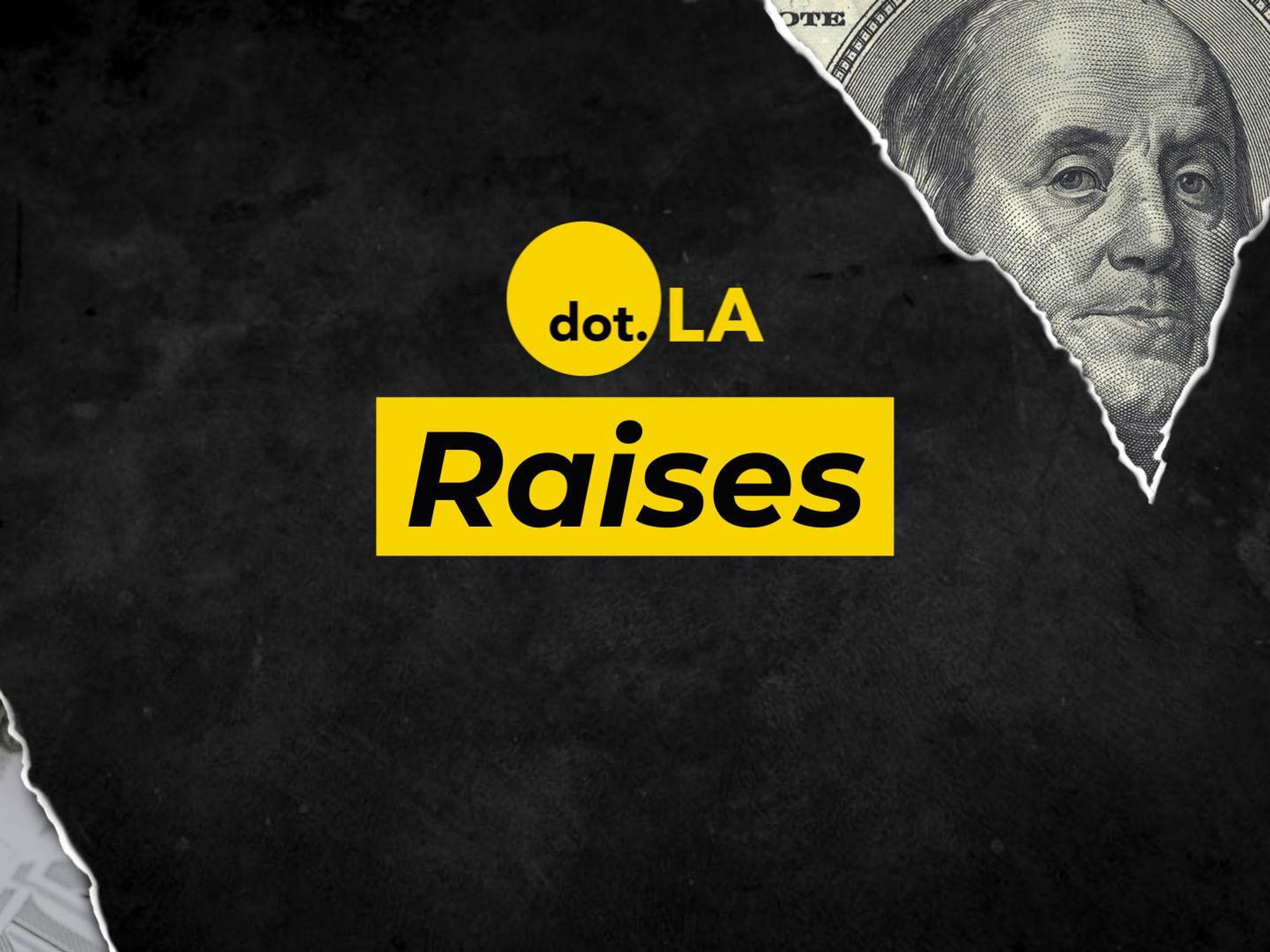This Week in ‘Raises’: Kitchen United Grabs $100M, Upfront Ventures Land $650M
Decerry Donato is a reporter at dot.LA. Prior to that, she was an editorial fellow at the company. Decerry received her bachelor's degree in literary journalism from the University of California, Irvine. She continues to write stories to inform the community about issues or events that take place in the L.A. area. On the weekends, she can be found hiking in the Angeles National forest or sifting through racks at your local thrift store.

A local ghost kitchen company secured fresh funding to increase the company’s physical locations from 15 to 500 over the next five years, while a Santa Monica-based venture capital firm raised over $600 million that will be spread across three funds.
Venture Capital
Kitchen United, a Pasadena-based ghost kitchen company, raised a $100M Series C funding round. Investors in this round include Kroger, Circle K, Simon Property Group, Phillips Edison, B. Riley Venture Capital, HAVI Group and Burger King owner Restaurant Brands International, along with former NFL star Peyton Manning.
San Diego-based genomic medicine startup Replay raised $55 million in a seed funding round co-led by KKR and OMX Ventures.
Cordial, a San Diego-based marketing and data brand management platform, raised a $50 million Series C funding round co-led by NewSpring and ABS Capital.
Paragon, a Los Angeles-based startup that builds software-as-a-service (SaaS) integration tools for enterprise clients, raised a $13 million Series A funding round led by Inspired Capital.
Los Angeles-based DSCVR, a web3 social network, raised a $9 million seed funding round led by Polychain Capital.
Los Angeles-based micro mobility technology company Drover AI raised $5.4 million in a Series A funding round led by Vektor Partners.
De Soi, a Los Angeles-based non-alcoholic beverage startup founded by Katy Perry and Morgan McLachlan, raised $4 million in a seed funding round led by Willow Growth.
Funds
Santa Monica-based venture capital firm Upfront Ventures raised $650 million for three new funds that will go into early stage startups, its growth stage fund, and the company’s continuation fund.
Launch House, a Los Angeles-based live-in accelerator company, announced the creation of House Capital, a pre-seed and seed stage venture capital firm. It launched its $10 million debut fund to allow the startup to create more programming and better experiences for its members.
Raises is dot.LA’s weekly feature highlighting venture capital funding news across Southern California’s tech and startup ecosystem. Please send fundraising news to Decerry Donato (decerrydonato@dot.la).
Decerry Donato is a reporter at dot.LA. Prior to that, she was an editorial fellow at the company. Decerry received her bachelor's degree in literary journalism from the University of California, Irvine. She continues to write stories to inform the community about issues or events that take place in the L.A. area. On the weekends, she can be found hiking in the Angeles National forest or sifting through racks at your local thrift store.




 Image Source: JetZero
Image Source: JetZero